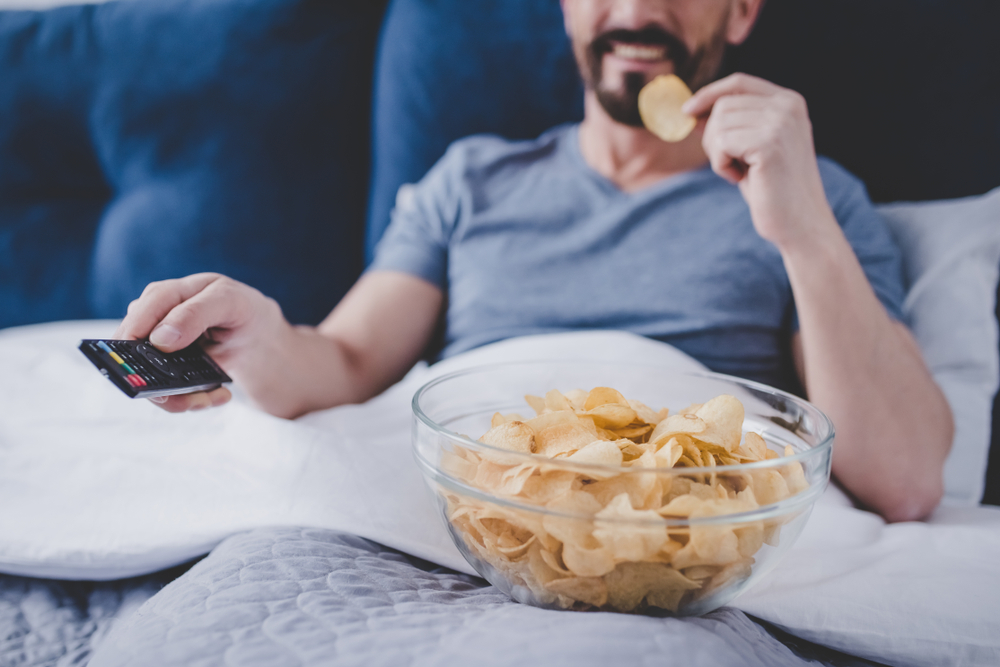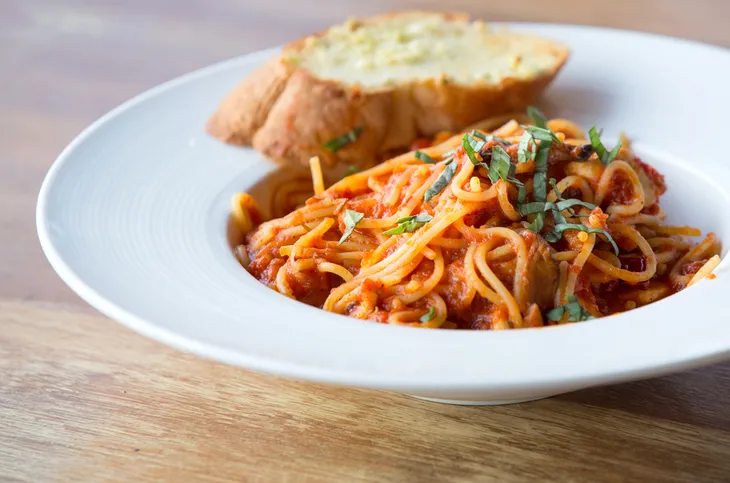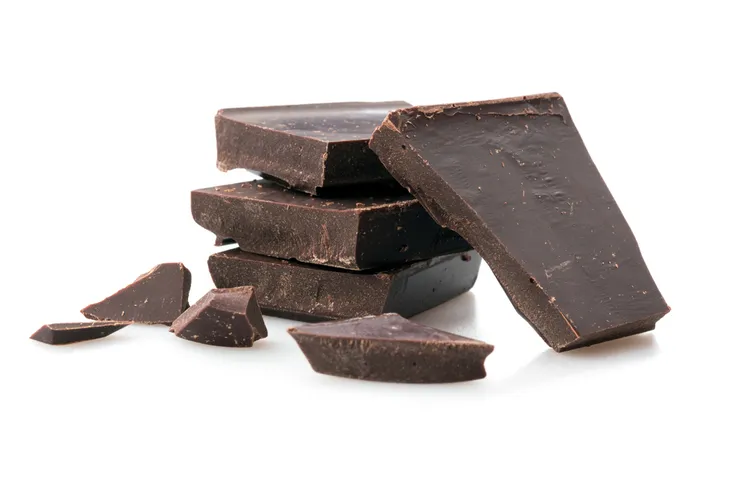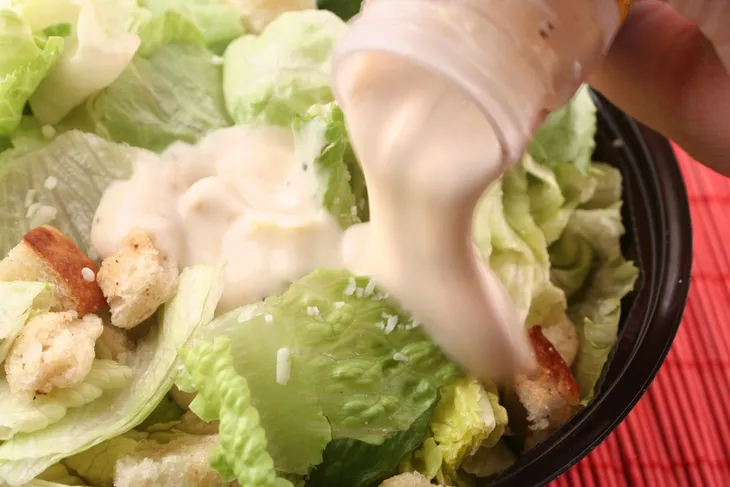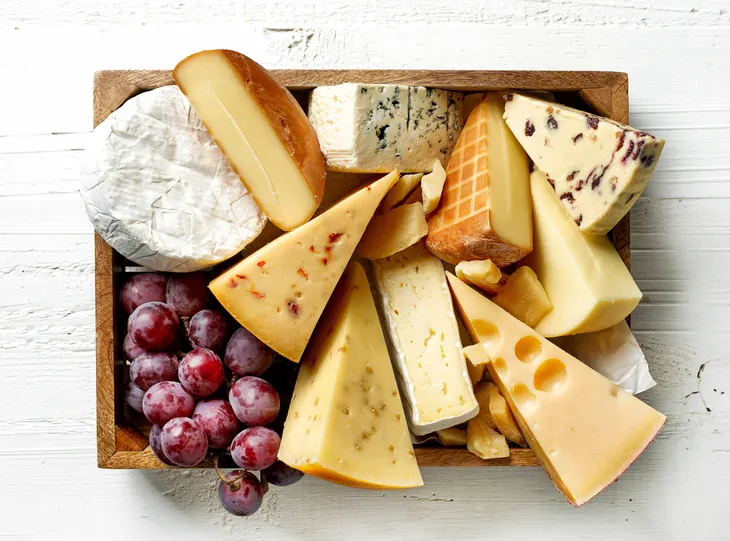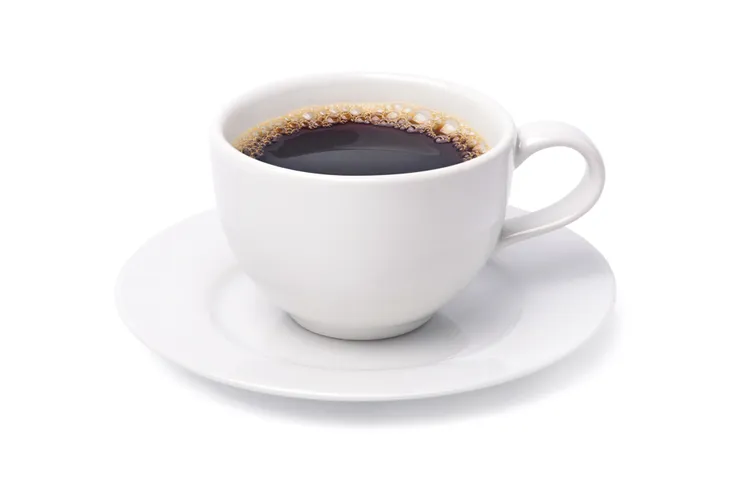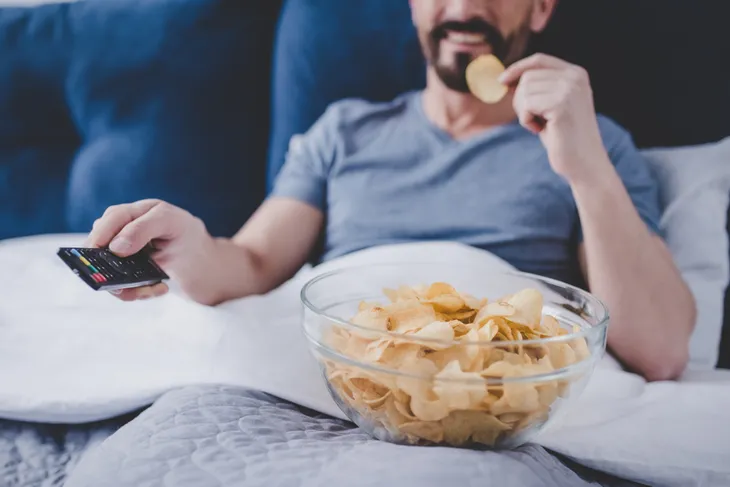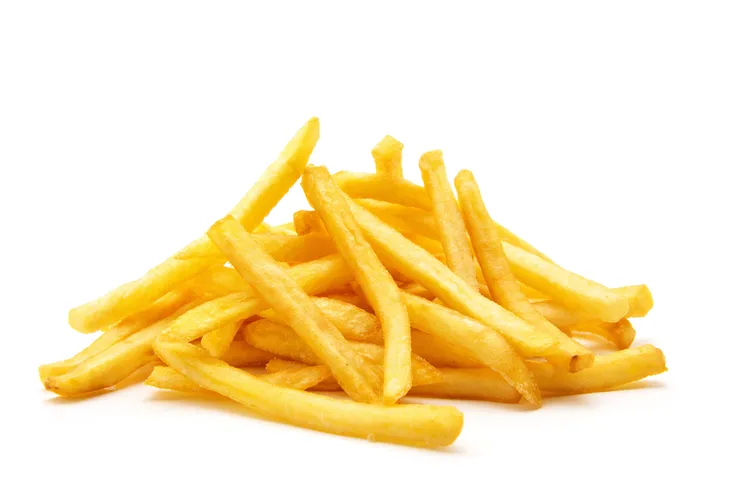I don’t watch scary movies or crime thrilling television shows before bed anymore. Why? Because they give me nightmares. But what I didn’t realize is that my choice of bedtime snack could also be putting a damper on my quality slumber. Actually, quite a few scholars have penned missives concerning the link between what you eat and how you sleep. After all, dating back to antiquity, Hippocrates hypothesized the idea of food-dependent dreaming based on food intolerances and other adverse reactions to food that materialized in bizarre, disturbing dreams.
Today, numerous follow up studies are still investigating the “Dream of the Rarebit Fiend,” first created in comic strip form in the early 1900s to poke fun at how Welsh rarebit disturbed the dreams of those who consumed it…
Pasta
Sorry pasta lovers, if you tend to eat carb-heavy meals (i.e., bread and pasta) prior to bedtime, you’re likely experiencing the disturbing after effects in your dreams. A study published in the journal Frontiers in Psychology polled 396 college students on their eating habits prior to sleep.
Researchers found that participants who noshed on pasta or bread experienced upsetting dreams and disrupted sleep. Researchers explain that as the body converts sugar (or glucose) from pasta and bread into energy in the body, the process is bound to keep you awake. Bottom line: eat carb-heavy meals earlier to avoid sleep disruption.
Chocolate
Why do dark chocolate covered almonds and a good movie mystery go so well together? I often opt for dark chocolate as a movie snack because I can only eat a bit before I’m satisfied. Plus there’s all the research on it containing healthy antioxidants, right?
However, eating dark chocolate before bedtime isn’t a dream come true. In fact, it’ll keep you up thanks to about 20-milligrams of caffeine per serving (that’s equal to a half-ounce of espresso). Chocolate also contains theobromine, a bitter cacao plant alkaloid that spikes heart rate and can leave you wide-eyed and unable to fall asleep.
Sauces
Of course you know that toppings like caramel or chocolate syrup contain a ton of sugar. However, sauces with hidden sugars could also be keeping you up and night and potentially messing with your dreams as well.
Beware of hidden sources of sugar lurking in innocent-seeming salad dressings and ketchup. The idea is to look as closely in your kitchen cabinet (for scary nutrition labels) as you would under your bed for monsters.
Cheese
Let’s travel back in time for a moment, to the early 1900s, a time when a spicy cheese dish, known as Welsh rarebit, was considered a treat. However, the disturbing dreams that tended to follow it’s consumption…not so much. Apparently cheese has been long associated with causing nightmares. So much so that in 2005 the British Cheese Board conducted a study to put a stop to the rumors once and for all.
Unfortunately, the study was never published, based on bias. In 2015, a study published by Psychology Today assessed the idea of food-dependant dreaming on 396 first-year Canadian University students. The scientists discovered that participants who snacked on dairy (i.e., cheese, milk, and ice cream) before bedtime were 44-percent likely more prone to dreams of a disturbing nature.
Caffeinated Beverages
It turns out what you drink can be just as impactful on your sleep as what you eat. Caffeinated beverages—coffee, caffeinated teas, sodas, hot chocolate, and iced teas—can make it particularly difficult to get your zzzzzz’s.
If you’re particularly sensitive to the effects of caffeine aim to reserve these beverages to the morning and early afternoon. You can still enjoy a hot beverage by sipping herbal brews (i.e., peppermint, camomile, licorice) before bedtime.
Greasy Snacks
Yup, chips, buttered popcorn, pork rinds…I’m looking in your general direction. Crunchy before-bed snack cravers should reconsider opting for a baked alternative due to the negative effects of grease (or Trans fats) on your digestive tract, especially prior to slumber.
It makes perfect sense that if you eat a difficult-to-digest food too close to bedtime, you’ll be up all night as your body attempts to process the food in your system.
French Fries
Akin to chips and other greasy snack foods, eating deep fried and processed fast foods (i.e., fries and chicken nuggets) prior to bedtime can lead to lack of quality shut eye and nightmares. Again, this is due to the extra time it takes for your body to process carb-heavy, fatty foods. So if you have to have them, attempt to enjoy these foods earlier in the day.
You can enjoy baked potato wedges closer to bedtime if you coat them in a bit of olive oil and spices (remember, not too spicy) to bake in your oven (or toaster oven). This way you’ll be less likely to dream about outrunning a killer spud.
Hot Sauce and Spices
I put sriracha on everything, but apparently I should be wary of consuming hot, spicy foods too close to bedtime. According to research from UCLA’s Sleep Center, spicy foods before bed can make it difficult for you to fall asleep, remain asleep, and leave you with nasty dreams and a case of even nastier heartburn.
Researchers postulate that spicy foods impact the body’s temperature, which can mutate dream formations during REM sleep. So if you go for suicide hot wings, just be sure you eat them 6-hours or more before you hit the hay.
